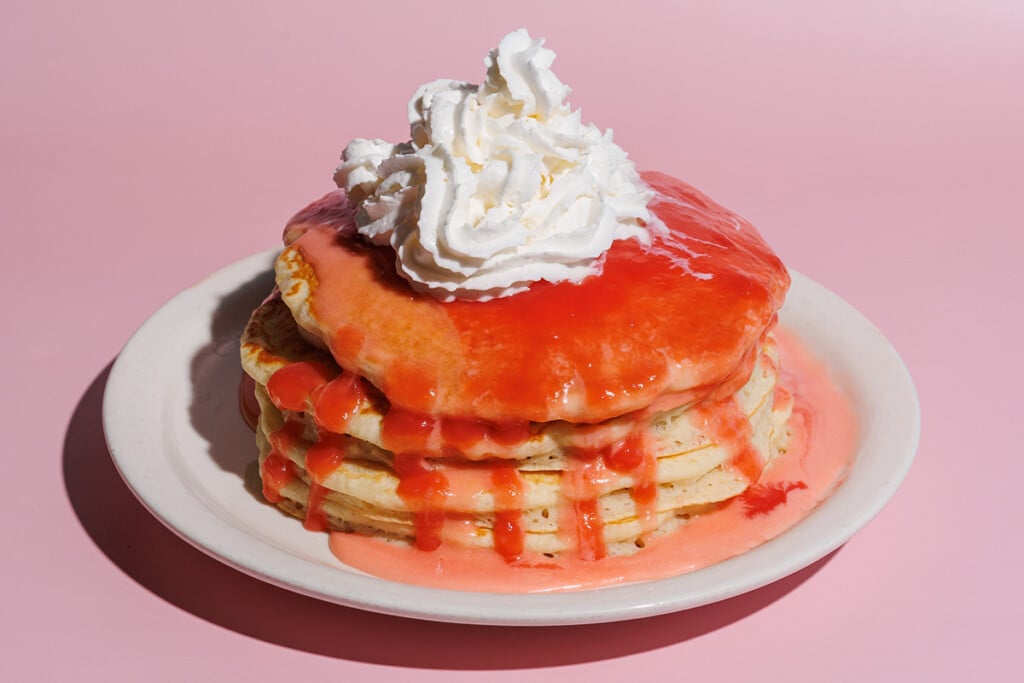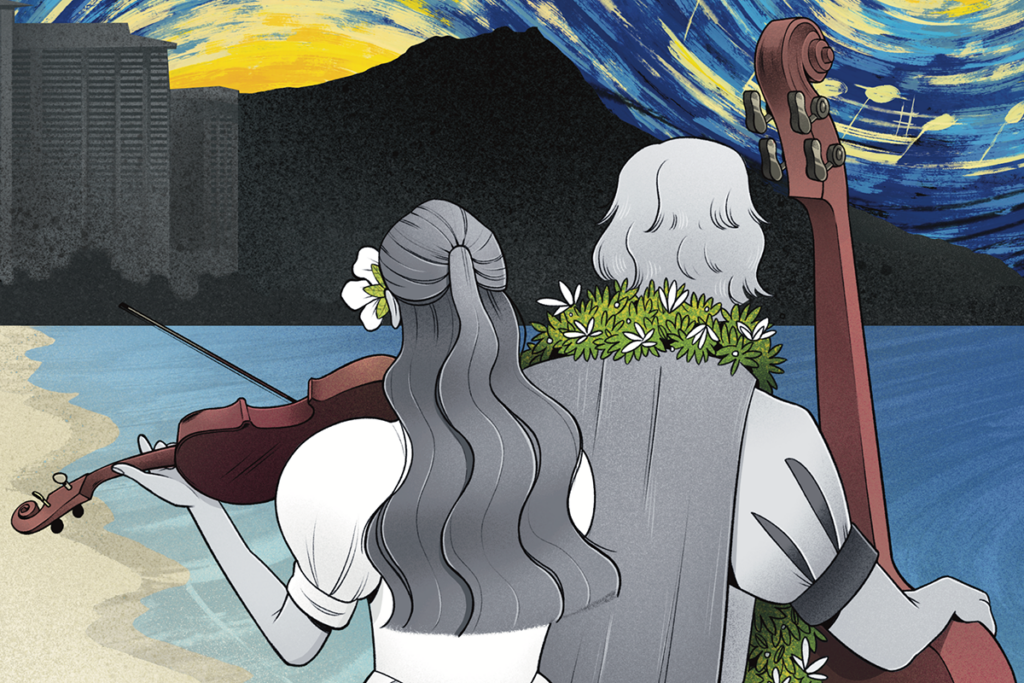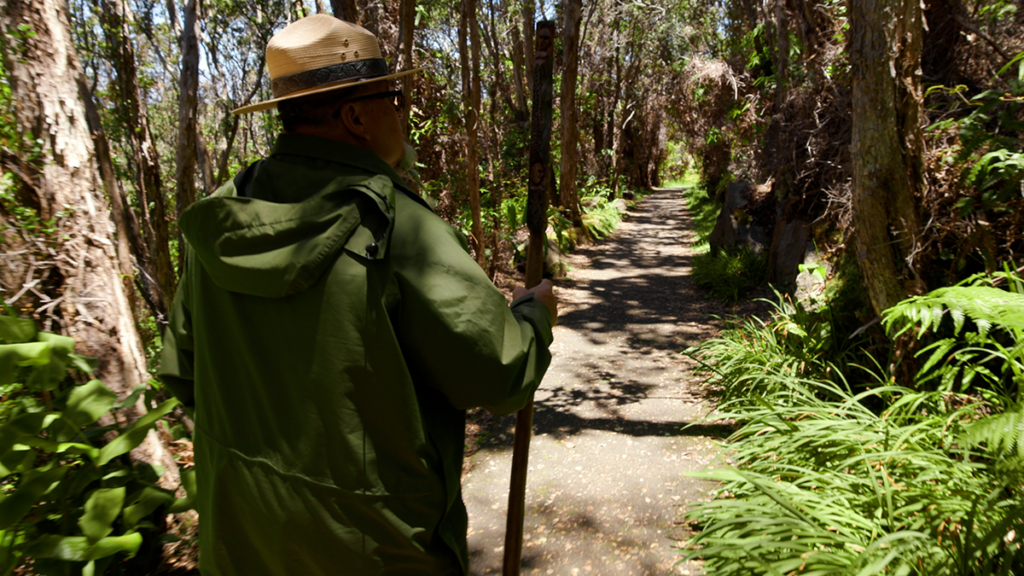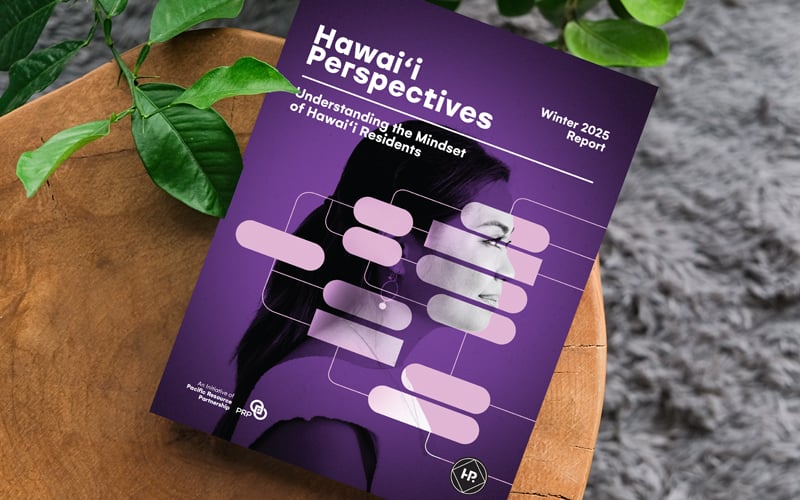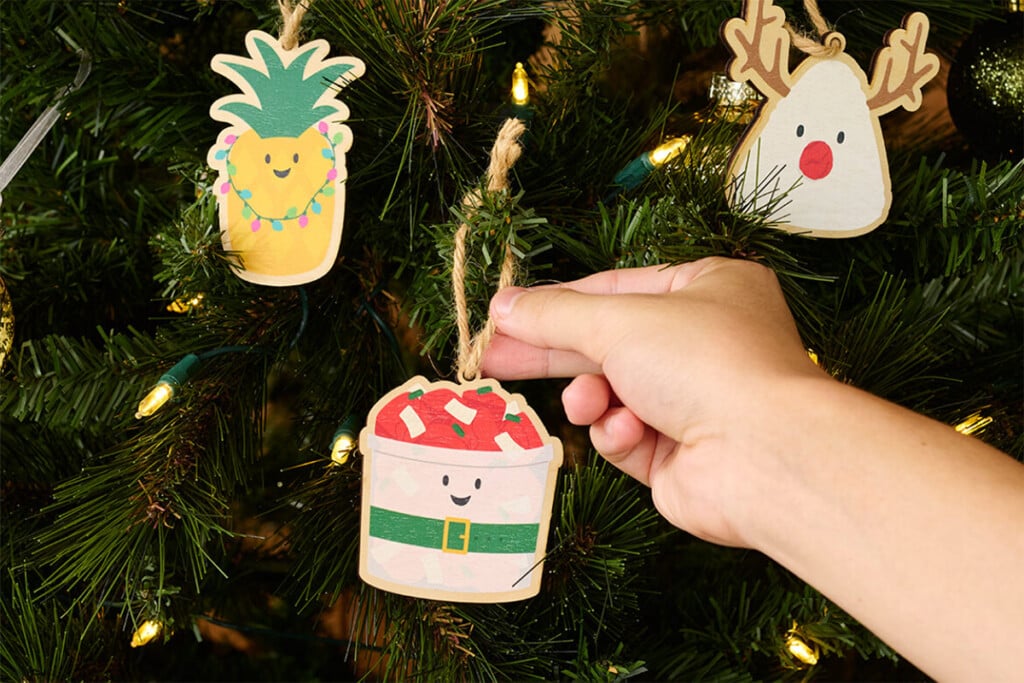In
1999, HONOLULU Magazine did a story on the plight of the upside-downers-those
homeowners who bought at the peak of the early ’90s real estate bubble and then
saw their home values drop below what they had paid. Such owners were stuck with
no equity, unable to sell their property. For them, buying a house in Hawai’i
may have felt like the biggest financial mistake of their lives.Curt
Nakamura was one such upside-downer. He bought a townhouse in Mililani Mauka for
$110,000 in ’95, thinking that prices couldn’t drop much lower than they already
had. He was wrong-by 1999, neighboring units were selling for as low as $70,000.
“I used to always think about getting rid of it, but obviously it didn’t make
sense at the time,” Nakamura says. He wasn’t the only one reaching that
conclusion, and the sit-tight, ride-it-out attitude of many homeowners further
dampened the housing market. The accompanying loss of equity didn’t help Hawai’i’s
1990s economic slump, either. Home values have a measurable effect on consumer
spending-about four cents for every dollar of equity change-and upside-down homeowners
no longer had the confidence for the big-ticket purchases that had stimulated
the economy in the 1980s. It was the inverse of what Mike Sklarz of Fidelity National
Information Services calls the “wealth effect.” Unable to recoup his investment
by selling his townhouse, and unwilling to take a loss, Nakamura refinanced his
mortgage to take advantage of low interest rates and hoped the market would pick
up soon.  | Curt
Nakamura is building a new home in Manoa. Unlike his condo in Mililani Mauka,
this property is already worth more than he bought it for. Photo:
Karin Kovalsky |
Sure enough, median home and
condo prices began recovering soon after, and Nakamura finally sold his townhouse
last year for $120,000, just breaking even after closing costs. Ask him if he
wishes he had waited a little longer to sell, and he says, “I don’t know what
it would go for now, but probably a lot higher. I don’t want to look back now.” Indeed,
home prices continue to rise, matching and even exceeding last decade’s peak,
and you can almost hear Hawai’i homeowners’ spirits rising with them. Sklarz says,
“Once people see their home values goes up, they start doing the things they’ve
wanted to do all these years-renovate the bathroom, get new carpet. I think we’re
seeing exactly the reverse of what we saw before-the true wealth effect.” The
number of foreclosures in Hawai’i has also dropped, from 3,626 in 1998 to just
621 last year-a record low fueled by the rebounding economy, low interest rates
and the fact that homeowners now have a parachute if their household finances
hit a snag. Patricia Richardson, a West O’ahu realtor, says, “All the places that
would have gone into foreclosure have so much equity that the owner can be bankrupt
and still sell the house and make a lot of money and not go into foreclosure.” Should
homeowners, particularly recent buyers, worry about another price dunk? Most analysts
don’t anticipate anything as precipitous as what happened in the ’90s, but prices
may not have to fall that far to get people into trouble. Georgia Roberson,
senior REO resale specialist at Coldwell Banker, says, “In order to break even,
you have to sell your house for 10 percent more than you bought it for-6 percent
commission and 3 percent closing costs. Recently we’ve had an awful lot of people
who were able to get into the housing market because of the low interest rates.
But a lot of these people did 100 percent financing. If our prices level out,
these people will never have that 10 percent.” But then, this is Hawai’i,
where the only certain things in life could well be “death, taxes and rising real
estate prices.” All you need is some patience. As Herb Conley, managing director
of Coldwell Banker Pacific Properties, says, “Nobody likes to be upside down.
But if you’re enjoying the home, it’s OK. My father used to say, you only make
or lose money when you sell, not when you buy. So if you can decide when you sell
and ultimately things go up, then you won’t lose.” |

